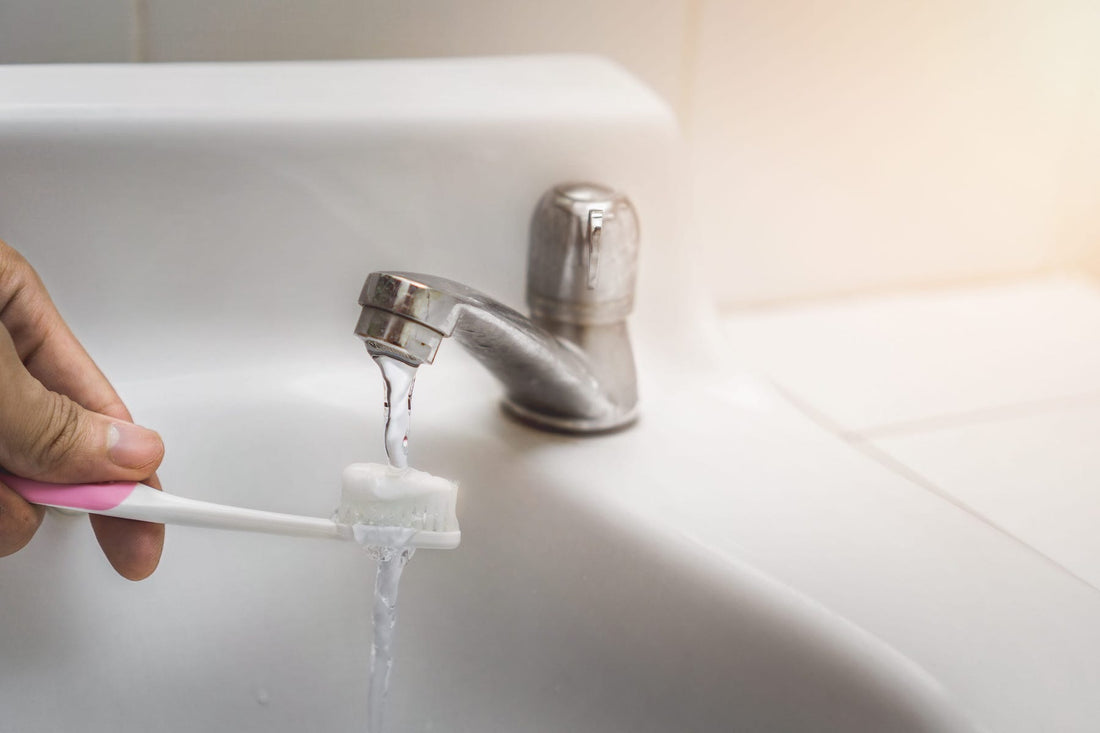Have you ever noticed mineral deposits on your faucets or experienced clogged pipes? If so, you might be dealing with the detrimental effects of hard water. Hard water, which contains high levels of minerals like calcium and magnesium, can wreak havoc on your plumbing system. In this blog post, we will explore why hard water is bad for your plumbing and the potential consequences it can have on your home.
Mineral Buildup and Scale Formation
One of the primary issues with hard water is the accumulation of mineral deposits and scale formation within your plumbing system. As hard water flows through your pipes, the minerals it carries begin to accumulate on the inner surfaces, gradually forming a layer of scale. Over time, this scale restricts water flow and leads to reduced water pressure.
The buildup of mineral deposits not only affects the efficiency of your plumbing but can also cause blockages in pipes, faucets, and showerheads. These obstructions can be frustrating to deal with and may require costly repairs or replacements.
Pipe Corrosion and Leaks
Hard water's high mineral content can also contribute to the corrosion and deterioration of your plumbing pipes. The minerals in hard water create an environment where galvanic corrosion occurs, causing pipes to corrode faster than they would with soft water. Corrosion weakens the structural integrity of pipes, increasing the risk of leaks and bursts.
Leaky pipes not only waste water but can also lead to water damage in your home. Undetected leaks can cause mold growth, wood rot, and structural damage, resulting in costly repairs and potential health hazards.
Reduced Lifespan of Appliances
The negative impact of hard water extends beyond your plumbing pipes to your household appliances. Appliances such as dishwashers, washing machines, and water heaters that rely on water are particularly vulnerable.
Mineral deposits from hard water accumulate in these appliances, reducing their efficiency and lifespan. Heating elements in water heaters become coated with scale, making them less effective and increasing energy consumption. Similarly, clogged dishwasher and washing machine valves can lead to poor performance and costly repairs.
Increased Maintenance and Expenses
Dealing with the consequences of hard water requires regular maintenance and can lead to increased expenses. You may find yourself frequently cleaning mineral buildup from faucets, showerheads, and fixtures. Using descaling agents or vinegar to remove stubborn deposits becomes a regular chore.
Moreover, the need for repairs, replacements, or professional plumbing services due to hard water issues can be a significant financial burden. By addressing the root cause of the problem and investing in water softening solutions, you can mitigate these ongoing expenses and extend the life of your plumbing system.
Conclusion
While hard water may seem harmless, its effects on your plumbing system can be far-reaching and costly. Mineral buildup, scale formation, pipe corrosion, and reduced appliance lifespan are just a few of the problems associated with hard water. Recognizing the signs and taking proactive measures such as installing a water softener can help protect your plumbing, increase its longevity, and save you from unnecessary expenses.
If you suspect hard water in your home, consider having your water tested and consult with a plumbing professional to determine the best course of action. By addressing the issue of hard water, you can ensure the optimal functioning of your plumbing system and enjoy a hassle-free home plumbing experience.

